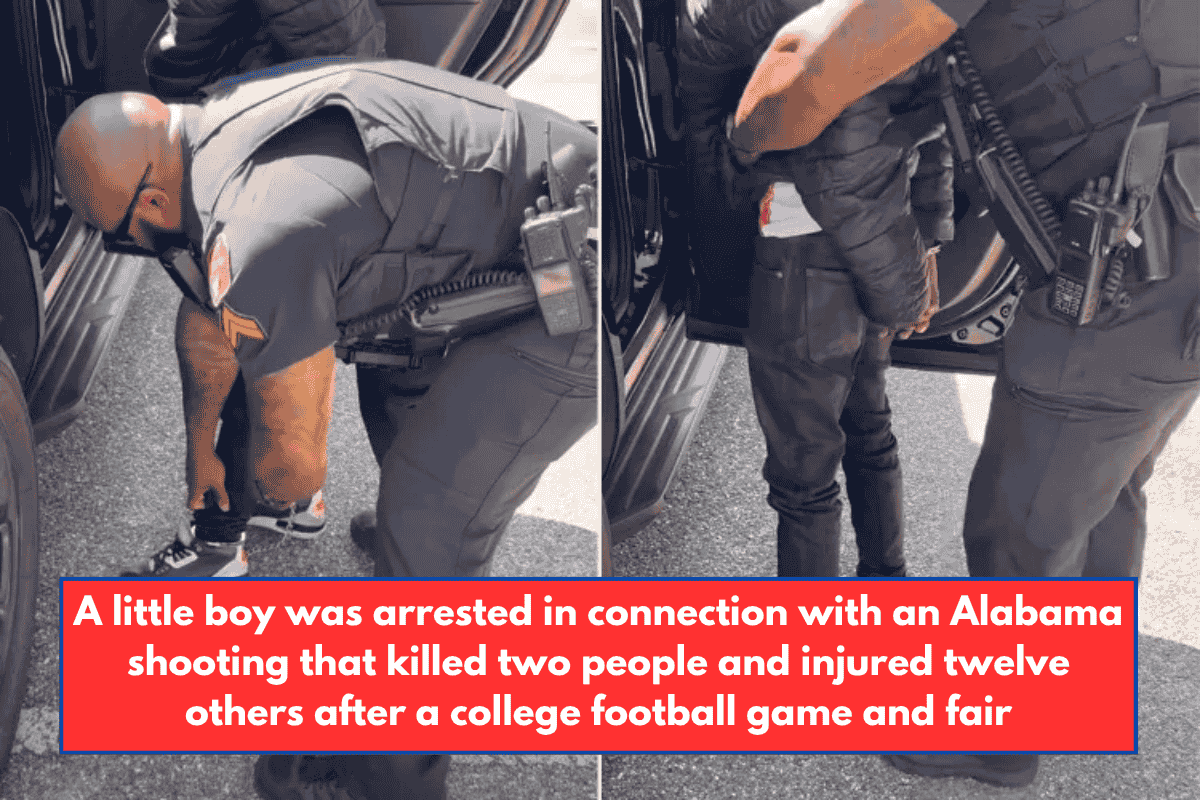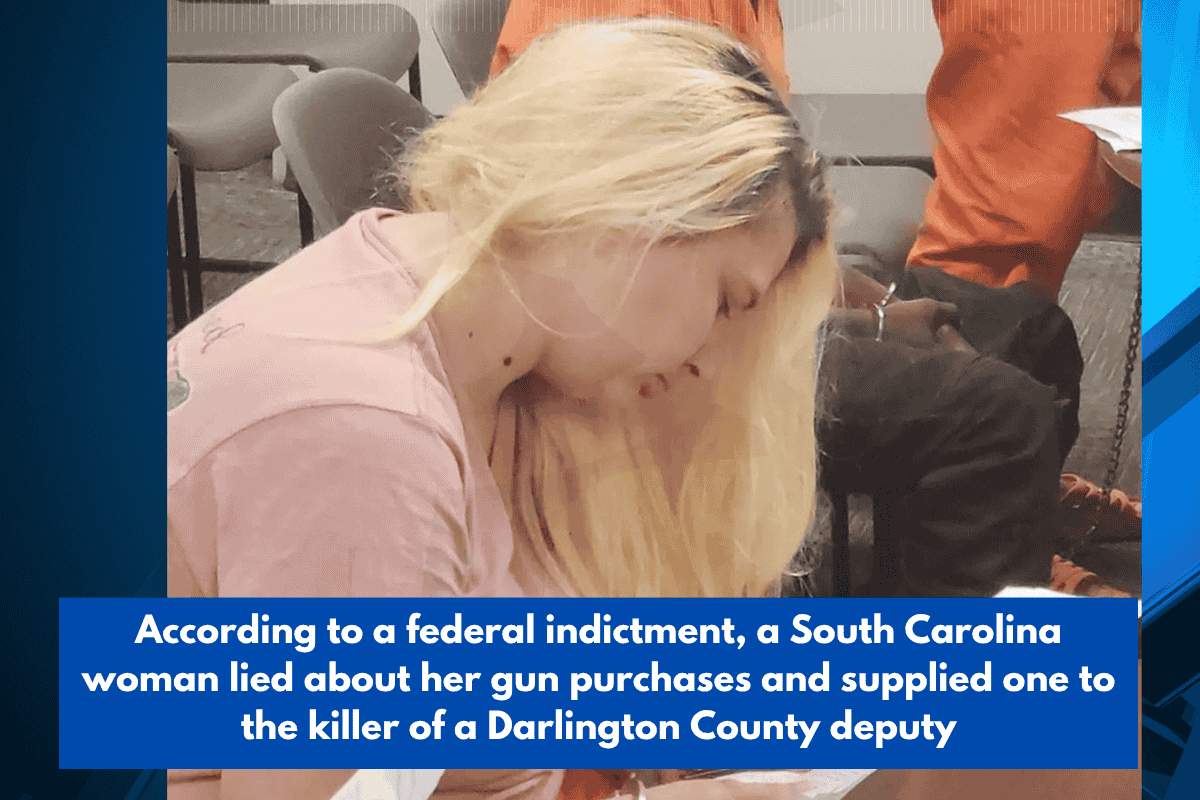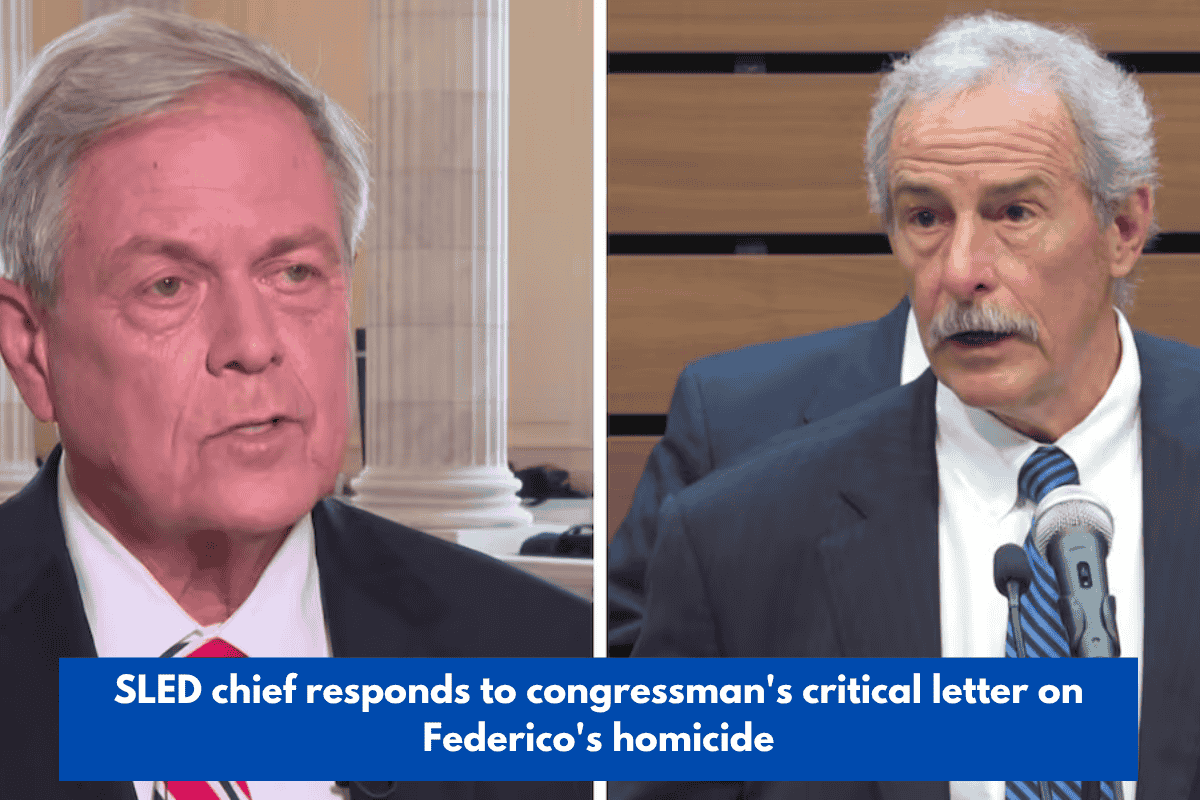A legal battle between California and the U.S. Department of Justice over the presence of the National Guard on the streets of Los Angeles continues. In a brief hearing on Friday, U.S. District Judge Charles R. Breyer stated that further briefing is necessary before making any decisions on the case, leaving the issue unresolved for now. The case centers on the power of the president to deploy the National Guard and whether California has the legal right to remove them from the streets.
The Background of the Case
California, represented by Democratic Governor Gavin Newsom, filed a lawsuit against the Trump administration to have the National Guard removed from Los Angeles. This legal battle comes after the deployment of the National Guard, which was part of the Trump administration’s efforts to combat crime and manage immigration issues. California claims that the deployment violates the Posse Comitatus Act (PCA), which limits the use of the military for domestic law enforcement purposes. The Department of Justice, representing the Trump administration, defends the deployment, arguing that the president has the constitutional authority to make such decisions.
Delay in Ruling
During Friday’s hearing, Judge Breyer explained that additional legal arguments were necessary before he could move forward. The judge had originally issued a temporary restraining order (TRO) on June 12 to stop the National Guard’s deployment, but this was stayed by a panel of judges from the 9th Circuit Court of Appeals. The appeals court ruled that presidential decisions regarding National Guard deployment should be treated with high deference, and converted the TRO into a preliminary injunction, which raised new legal questions.
Breyer noted that since the 9th Circuit’s decision, his jurisdiction over most issues in the case had been limited. However, the court still has the authority to address the plaintiffs’ claims under the Posse Comitatus Act, an issue that was not fully addressed by the appellate court.
The Posse Comitatus Act and the Case’s Future
The Posse Comitatus Act, which restricts the use of military forces for domestic law enforcement, is central to California’s lawsuit. Breyer acknowledged that the 9th Circuit’s ruling did not specifically address the Posse Comitatus Act or California’s claims regarding it. This leaves the issue open for further review, and Breyer instructed both parties to file briefs on the matter.
California’s attorney, Jane Riley, also raised concerns about the duration of the federalization order — the length of time the Trump administration intends to keep the National Guard under federal control. Riley argued that the duration of the order remains an unresolved issue, which Breyer acknowledged as an important point.
The Department of Justice, represented by Eric Hamilton, clarified that the order for federalization of the National Guard troops would expire in 60 days or remain in effect at the discretion of the Secretary of Defense. Breyer expressed surprise, noting that this could suggest the possibility of indefinite control over the troops.
Moving Forward with the Case
Judge Breyer emphasized that the case would proceed with additional briefing, as both parties continue to argue over the president’s authority and California’s legal claims. He scheduled the filing of briefs for Monday and mentioned that he may call for a hearing, though it remains unclear when a final decision will be made.
While the immediate issues of the case, such as the jurisdictional questions and the Posse Comitatus Act, remain unresolved, the legal battle is likely to continue for months. The outcome of this case could have significant implications for the use of the National Guard in California and other states, and it will set important precedents regarding the power of the president to deploy military forces domestically.














